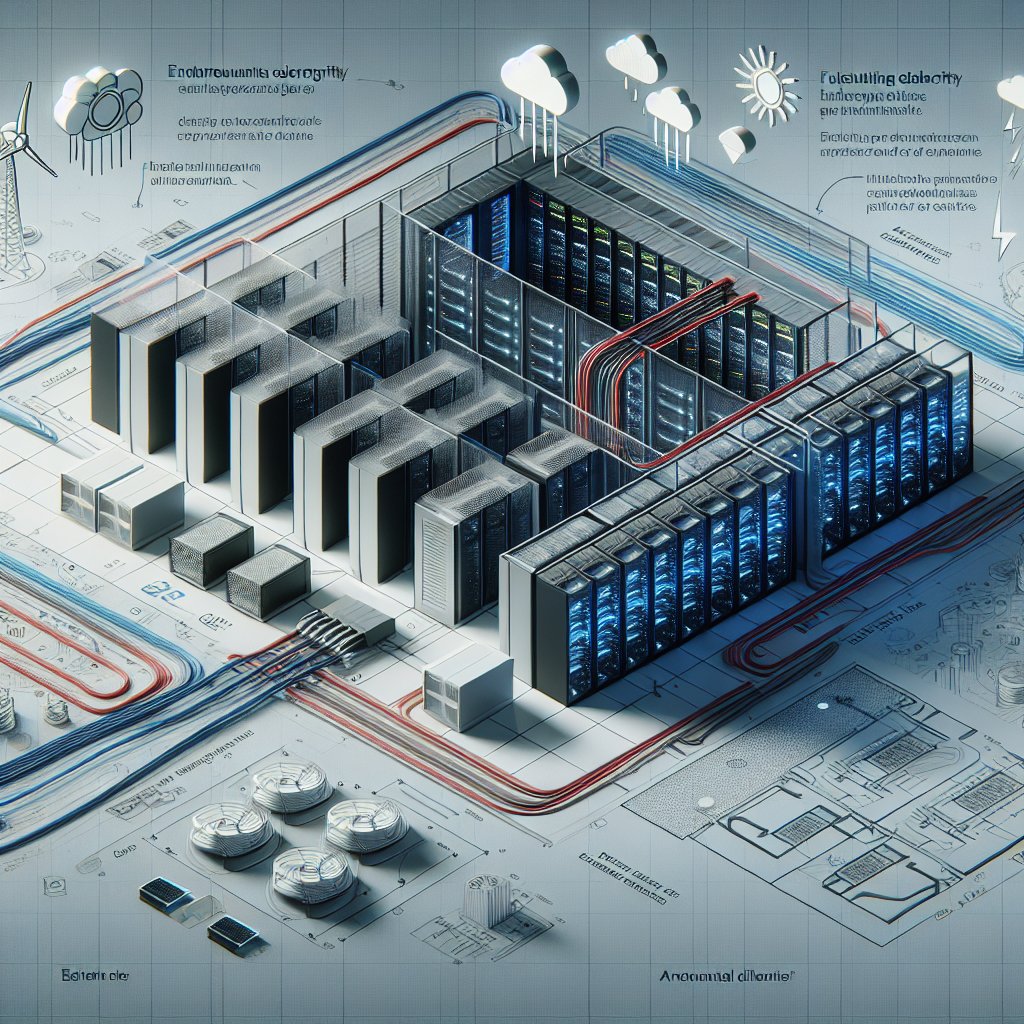In today’s rapidly evolving IT landscape, data centers face increasing challenges in remaining resilient and adaptable to changing technologies and threats. As organizations continue to rely on data centers as the backbone of their operations, it is crucial to future-proof these facilities to ensure they can withstand the demands of tomorrow.
One of the key strategies for enhancing resilience in a dynamic IT landscape is to focus on infrastructure modernization. This includes upgrading hardware, software, and networking components to ensure they can support the latest technologies and meet the growing demands of data processing and storage. By investing in state-of-the-art equipment and technologies, data centers can improve performance, reliability, and scalability, making them more resilient in the face of evolving IT requirements.
Another important aspect of future-proofing a data center is to implement robust security measures to protect against cyber threats and data breaches. With the increasing frequency and sophistication of cyber attacks, it is essential for data centers to have strong security protocols in place, including firewalls, encryption, access controls, and monitoring tools. By proactively addressing security vulnerabilities, data centers can reduce the risk of downtime and data loss, ensuring business continuity in the event of a cyber incident.
In addition to infrastructure modernization and security enhancements, data centers can also benefit from implementing disaster recovery and business continuity plans. By creating redundant systems, backup mechanisms, and failover procedures, data centers can minimize the impact of disruptions and ensure continuous operations in the face of disasters or system failures. These plans should be regularly tested and updated to account for changes in technology and business requirements, ensuring that data centers can quickly recover from any unforeseen events.
Furthermore, data centers can enhance resilience by embracing cloud technologies and virtualization. By leveraging the scalability, flexibility, and redundancy of the cloud, data centers can offload non-critical workloads, improve resource utilization, and enhance disaster recovery capabilities. Virtualization, on the other hand, allows data centers to consolidate servers, optimize performance, and reduce energy consumption, making them more efficient and cost-effective in the long run.
To truly future-proof a data center, organizations must adopt a proactive approach to managing and optimizing their IT infrastructure. By continuously monitoring performance metrics, identifying areas for improvement, and implementing innovative technologies, data centers can stay ahead of the curve and adapt to changing IT trends and challenges. By taking these steps, organizations can ensure that their data centers remain resilient, reliable, and capable of supporting their business objectives in the years to come.


Leave a Reply